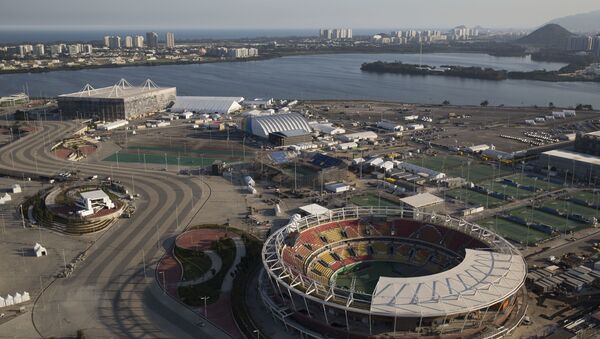The last-minute decree is expected to lead to a sharp downturn in the country's economy in general. Over these four days various sectors of the economy will lose at least 2.5 billion reals ($760 million), according to previous estimates.
Perhaps the local authorities think that these losses could be covered by foreign tourists' spending. However, lots of money which has already been spent on overpriced Olympic construction projects will be hard to reimburse by tourist expenses alone.
"Given the fact that the holiday on Thursday was decreed unexpectedly, only two days in advance, the possibility of compensation is greatly limited or absent. This is an important difference between planned and unplanned holidays," economic expert Rene Garcia told Jornal do Brasil.
The huge costs of the Olympic Games will be another blow to the country's economy. The Brazilians themselves argue that the Games come at a cost to Brazil's poorest population.
According to the economist, if residents were aware of such changes in advance, businesses would have had a chance to perform proper planning and the losses could have been reduced by up to $480 million reals a day (about $150 million).
"In this case the holiday had not been planned and came at the last minute. It will be as if August 4 had simply vanished from the calendar," Garcia said.
On Monday, Moody's Investors Service said that the economic conditions in Brazil have stabilized but will remain weak until 2017 due to economic decline and political uncertainty. It also stated that the country's economy is unlikely to get relief as commodity prices will probably stay weak.
The Brazilian city of Rio de Janeiro is set to host the 2016 Summer Olympic Games on August 5-21. The holidays in Rio will be on August 4, 5, 18 and 22.




